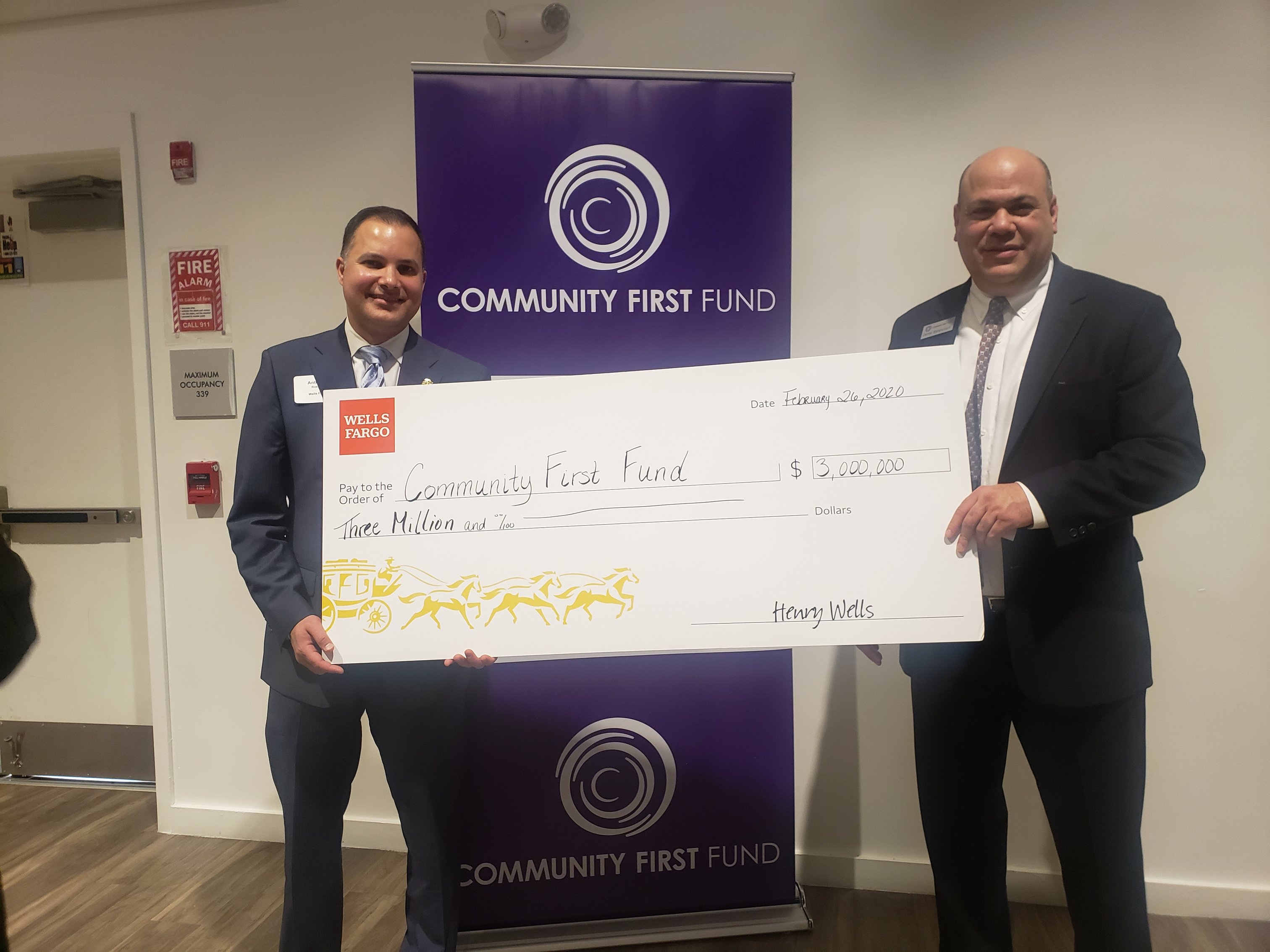
Supporting and accelerating diverse small businesses in Philadelphia
Various organizations across the city are doing their part in aiding the creation and growth of diverse small businesses.
Small businesses and diverse entrepreneurs in Philadelphia are growing with help from various organizations.
During the “State of Diverse Small Businesses in the Philadelphia Region” event on Feb. 26, Wells Fargo announced that they are investing in a $3 million grant to Community First Fund to help finance the lending and business training efforts of both the Community First Fund and FINANTA, a nonprofit that facilitates access to capital and credit-building services.
“At Wells Fargo, we believe that small business growth is the backbone of a thriving economy,” said Anthony Rosado, senior vice president at Wells Fargo Bank.
About five years ago, Wells Fargo was challenged by its community partners in answering the question of why small businesses nationally were rapidly recovering from the 2008 Recession, while diverse and women-owned businesses were lagging behind.
Through research, Wells Fargo found that access to capital and resources in diverse communities were severely lacking.
This led to Wells Fargo developing and launching its Diverse Community Capital Program, which provides loan and grant dollars nationwide to help entrepreneurs grow their business and receive valuable technical assistance.
To date, Wells Fargo has invested more than $7 million in expanding small businesses in the Greater Philadelphia region through this program.
Community First Fund is now the newest partner in Wells Fargo’s efforts of expanding small business growth throughout the region.
“With this capital, we’re going to be able to finance over 100 businesses… and over 500 jobs,” said Daniel Betancourt, president & CEO of the Community First Fund.
The main portion of the event featured a panel discussion that addressed some of the biggest hurdles that many diverse small businesses in the city face.
In addition to access to capital, other hurdles mentioned included language barriers, lack of financial education, issues with filing taxes, credit, lack of mentorship and difficulty scaling, among others.
Given that diverse communities of color are more economically impacted by these hurdles within their neighborhoods, it's more difficult within their business ventures as well.
“When it comes to entrepreneurship, the lack of wealth prevents an entrepreneur from really attaining the financing that they need to get their business or their startup to grow,” said Jennifer Rodriguez, president & CEO of the Greater Philadelphia Hispanic Chamber of Commerce.
Added to that is how many diverse business owners don’t seek loans at the same rate as other entrepreneurs, and when they do, often don’t obtain the full amount requested, deeming them undercapitalized.
That, in part, can result in less capital going into the nation overall.
“When we don’t invest in entrepreneurs of color and communities of color, it affects the GDP of our economy,” said Betancourt.
There are several organizations in the region that provide valuable resources to help support diverse small businesses.

For example, FINANTA has used character-based loans to better determine what specifically each client needs — whether it’s credit, education or otherwise — and provide them with the necessary resources.
“We’ve been able to reach a larger volume in making sure that these clients have what they need in order to be successful,” said Kersy Azocar, senior vice president of microlending at FINANTA.
RELATED CONTENT
Last year, the GPHCC, in partnership with Interise, launched Accelerate Latinx, an initiative with the goal of providing small business owners with the knowledge, management, know-how and networks needed to grow their businesses.
“It really helps them dig deep inside in terms of what is the vision for the business and then helps them really understand their business and what they need to do in order to scale it,” said Rodriguez.
“We see that there is a lot of energy around entrepreneurship, but we find that the programs and the manual of offerings, oftentimes, is rather shallow,” she added, noting that Accelerate Latinx provides more accountability, as it’s a seven-month-long program, rather than a sporadic series of workshops.
From a business standpoint, success is often hard to come by unless diverse communities are successful.
“We need to be in diverse neighborhoods, we need to invest in diverse small businesses to gain diverse customers,” said Rosado. “So any business that doesn’t understand that and doesn’t invest their resources in that is not going to be successful in the long term.”
PIDC Philadelphia, the city’s public-private economic development corporation, is looking to expand its services to more closely mirror the diverse makeup of the city.
“We are striving to reach every corner of Philadelphia,” said Heather Hanowitz, vice president and senior loan officer at PIDC Philadelphia.
She added that the corporation is also looking to provide more access to capital, specifically to women- and immigrant-owned businesses.
Overall, the city is filled with diverse small businesses, as well as several organizations working to support them.
However, the key to helping the majority of these diverse small businesses to succeed is through collaborative efforts and resource sharing.
“One organization alone cannot solve poverty; one organization alone cannot give financing to Philadelphia, so I think collaboration and partnership is a very important aspect,” said Azocar.
Between Community First Fund, Wells Fargo, FINANTA, PIDC Philadelphia, and the Greater Philadelphia Hispanic Chamber of Commerce, the future of diverse small businesses in the city is looking to continue to grow, both in numbers and in finances.
It’s a matter of being in contact with the right help and resources, and these organizations are working diligently to ensure small business owners have both at their disposal.











LEAVE A COMMENT: